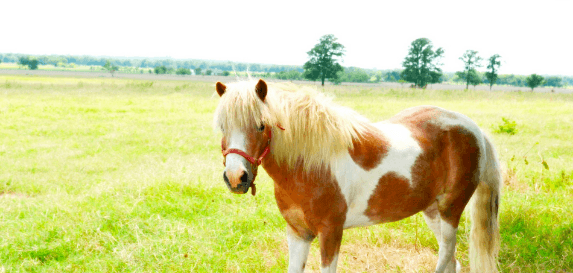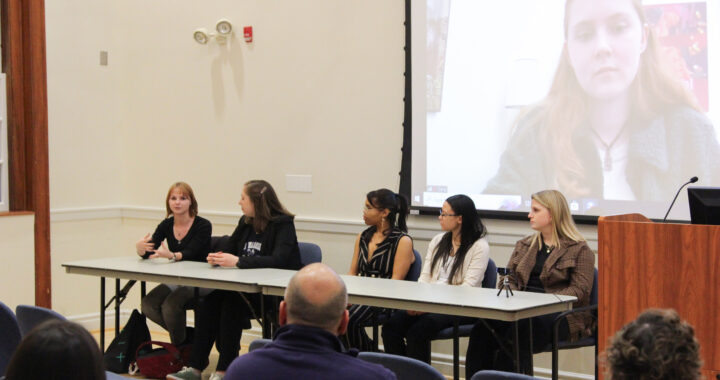ODR changes policy to allow pigs and miniature horses as service animals
3 min read
Public Domain Pictures
By LAUREN CLOSS
Life Editor
Service animals can be a life-saving resource for individuals with disabilities. While knowledge and awareness of service dogs has improved immensely in recent years, very few public places allow other types of service animals that can be equally beneficial. This is about to change, however, at the University of Mary Washington where recent requests from students with disabilities over the last year has encouraged the Office of Disability Resources (ODR) and the Office of Residence Life to look into allowing service pigs and miniature horses on campus.
According to an ODR representative, they were compelled to look into the policy change as several students that would benefit from service animals are allergic to or have an intense fear of dogs. After consulting with allergists, they found that while individuals may be more allergic to certain breeds, there is no such thing as a truly hypoallergenic dog. It is also much more common to be allergic to household pets, so many people that are allergic to dogs do not have the same reaction to pigs and horses.
Currently at UMW, students can already have an undefined variety of animals as support animals, which are defined by the ODR webpage as “an animal that provides emotional or other support which ameliorates one or more identified symptoms or effects of a person’s disability.” Service animals, however, which are defined by the webpage as “any animal (dogs) that is individually trained to do work or perform tasks for the benefit of an individual with a disability.”
Following requests from students, ODR and Residence Life recognized the need to allow a larger variety of service animals, which can accompany students around campus and into classes in addition to living with them in residence halls.
One of the students that submitted a request to ODR discussed the use of pigs and horses as service animals. “Farm animals can be just as smart or smarter than a lot of dogs,” she said, “so they can be easier to train, and they live for a lot longer.”
As good as this policy change sounds, there have been some surprising logistical challenges. According to a Residence Life representative, there have been several options discussed for where to keep the animals on campus. “We were initially in discussion with Hazelwild Farms, who we already have a partnership with, but we decided that we ideally would like to be able to keep the service animals in the rooms with students. Many of the rooms in the UMW Apartments don’t have carpet and could easily be altered to include stables.”
This new policy change has inspired animal lovers on campus to start clubs focused on fundraising and raising awareness for service pigs and service miniature horses, similar to the current club Canine Companions for Independence (CCI).
“We just really saw a need,” said one student. “Everyone cares about the dogs but no one is recognizing the horses, and they could really help people. We could work with the Guide Horse Foundation and farms in the local area to train service animals of all types.”
Another student expressed her concern over the ignorance surrounding the term ‘service animal’. “A lot of people say service animal when they mean service dog. This is the type of exclusive behavior we won’t stand for. Service animals can come from a wide variety of species beyond just dogs. People should be more accepting.
This story is a part of our April Fool’s edition and is intended to be satirical in nature. All information or quotations are made up and not to be taken seriously.











